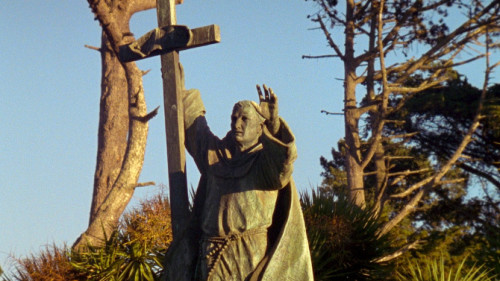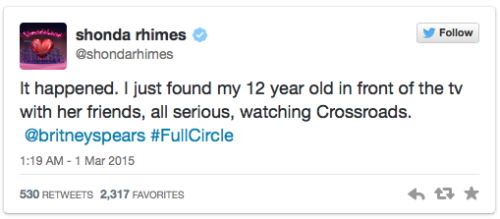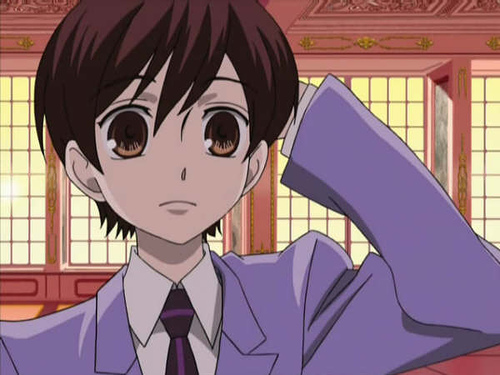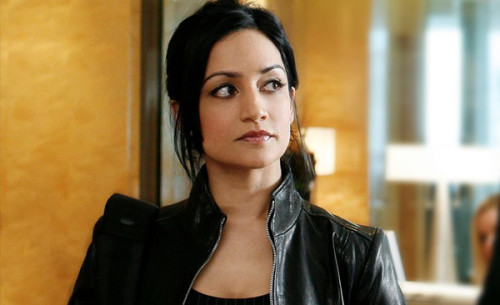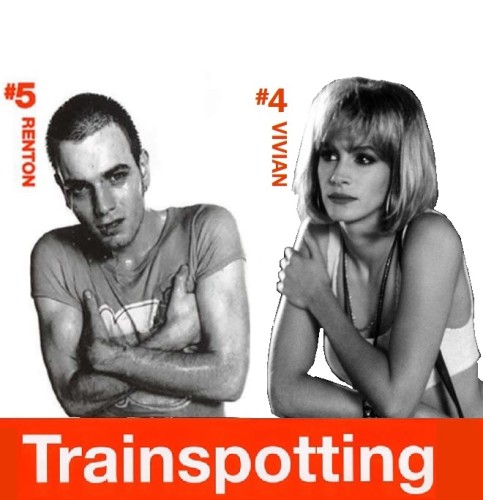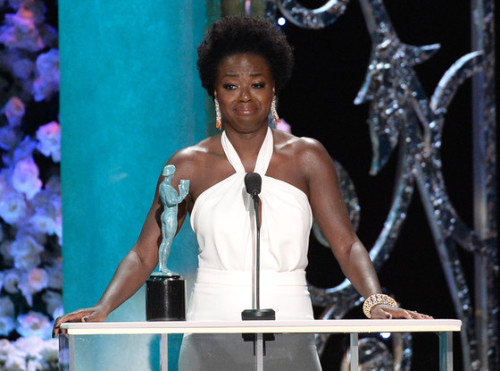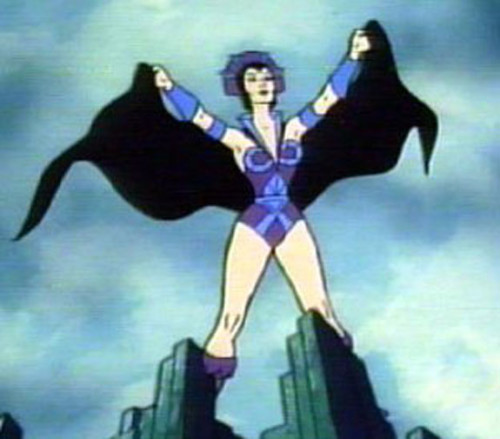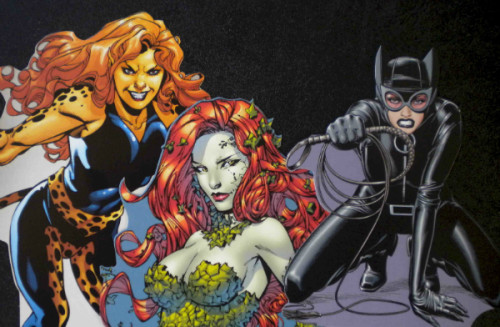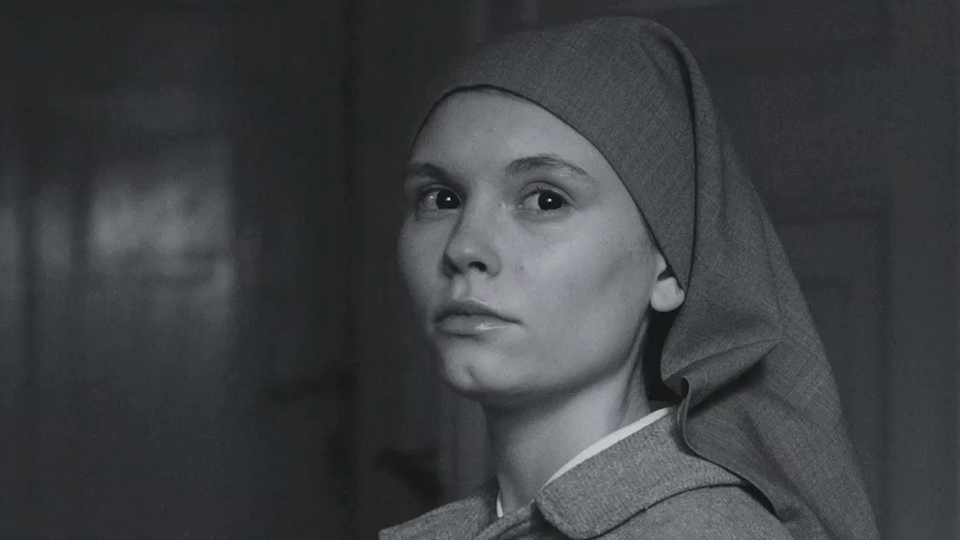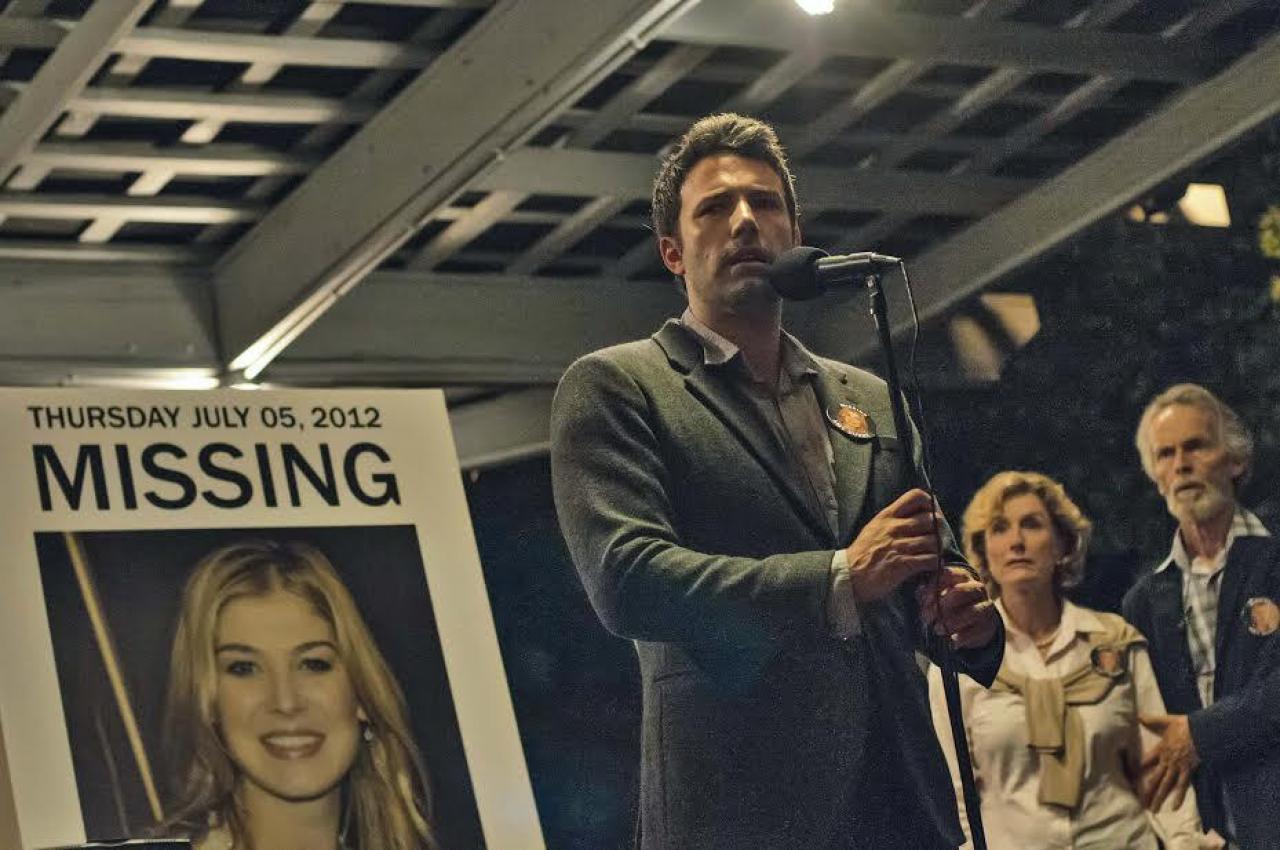‘The Royal Road’ Standing Still
Olson is one of the only butch-identified filmmakers who also makes films about butch identity. The closest another recent film has come to including “butch” anything was ‘Blue Is The Warmest Color,’ a film from a straight male director in which a straight actress, Léa Seydoux, played a recognizable butch. In that role Seydoux was still firmly within the bounds of what straight male directors and producers deem “fuckable“–conventionally pretty and sexy even with short hair, minimal makeup and “tomboy” outfits.
